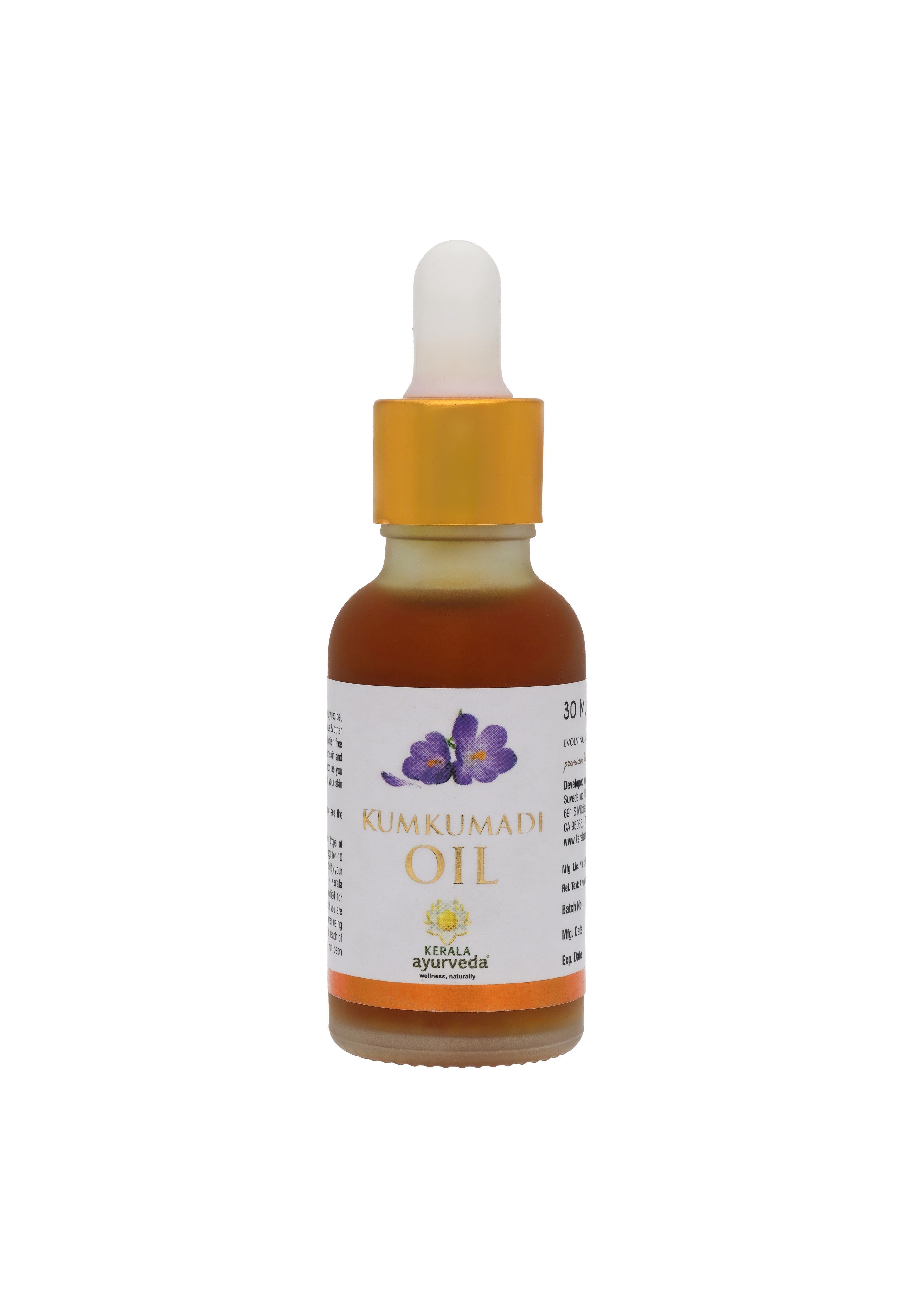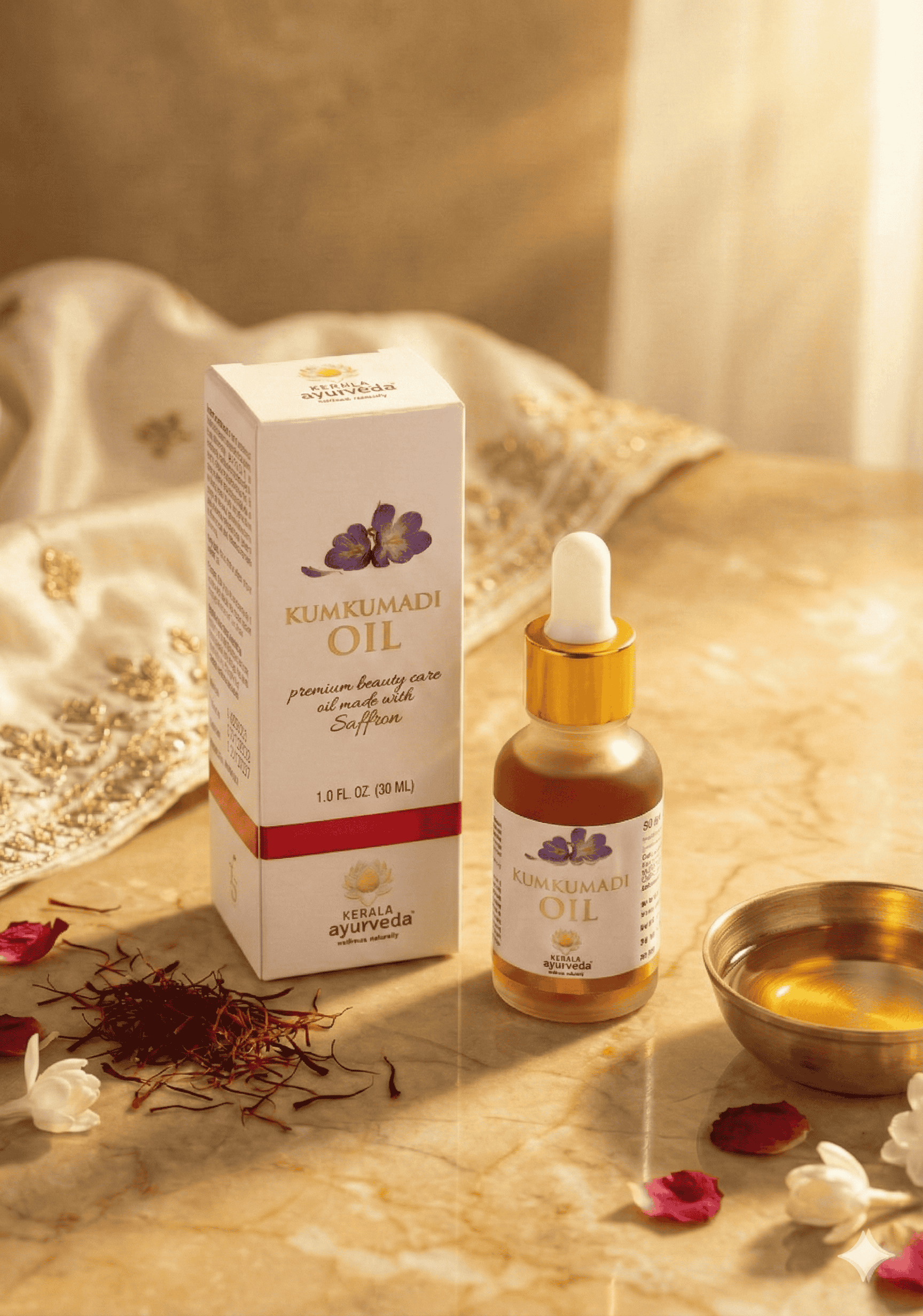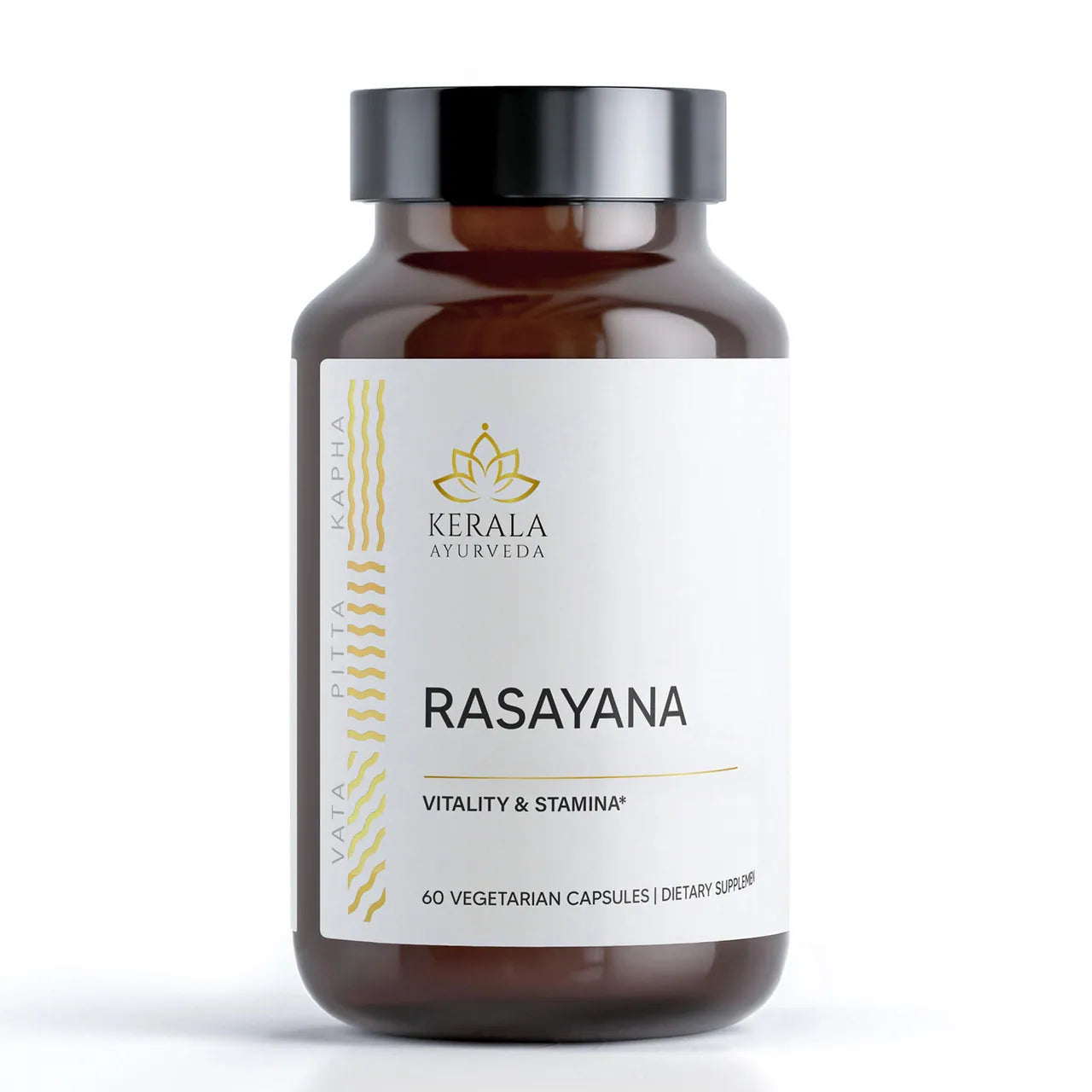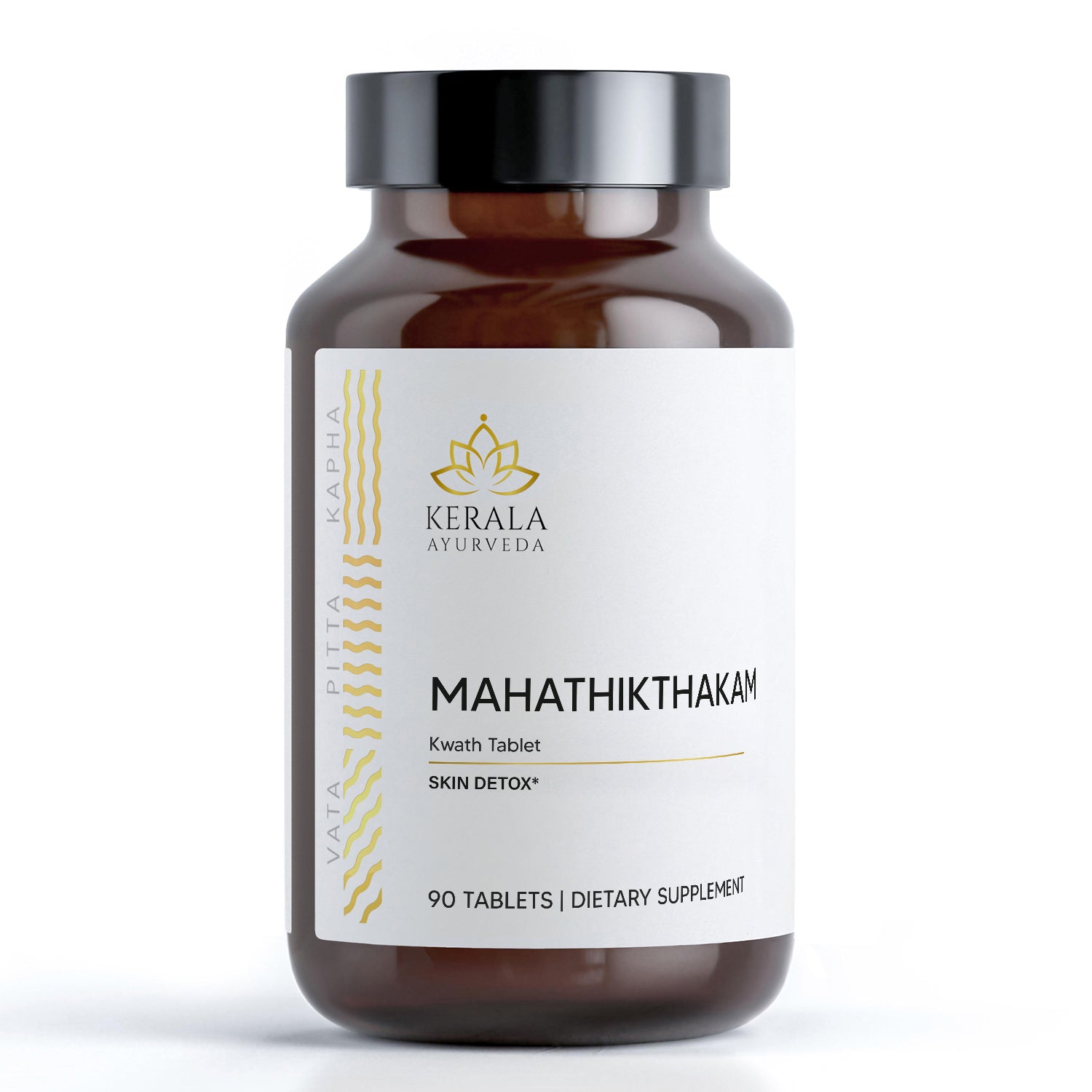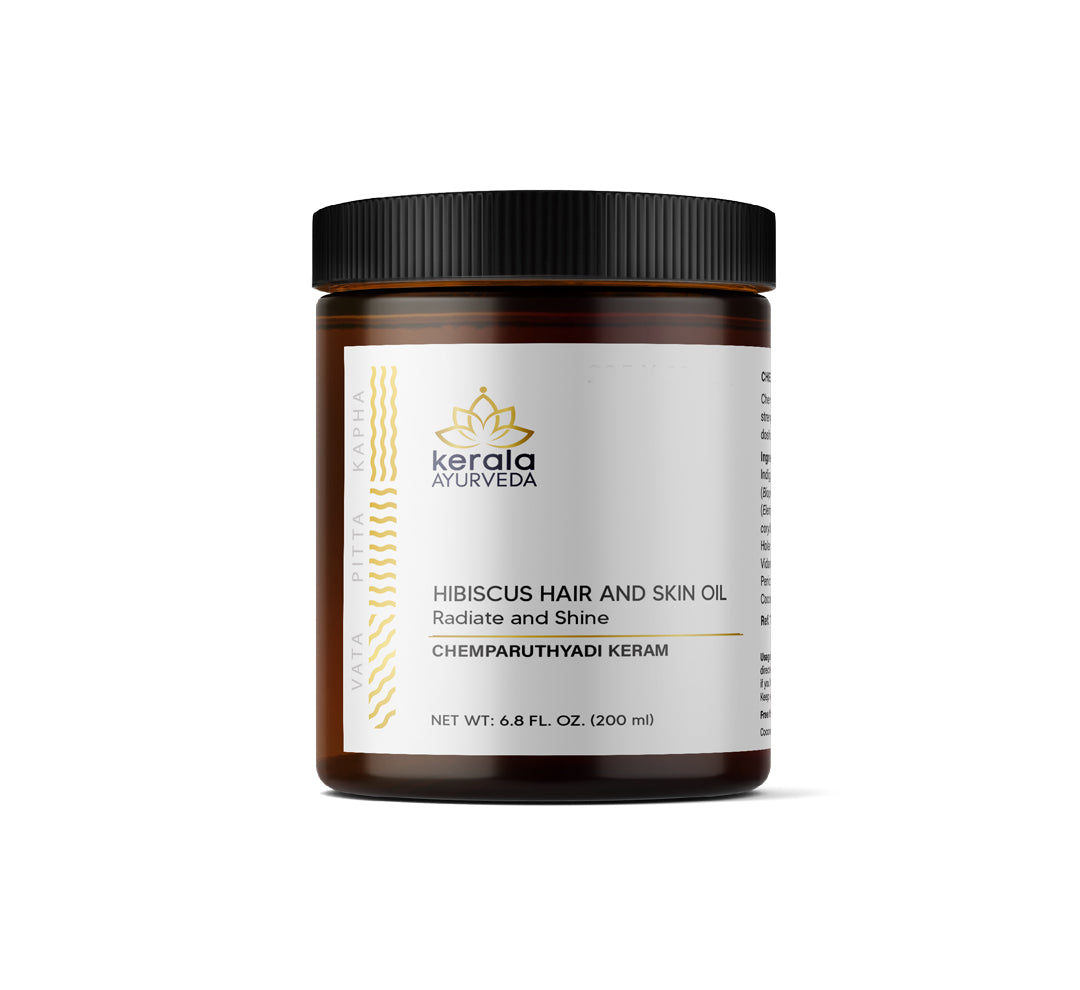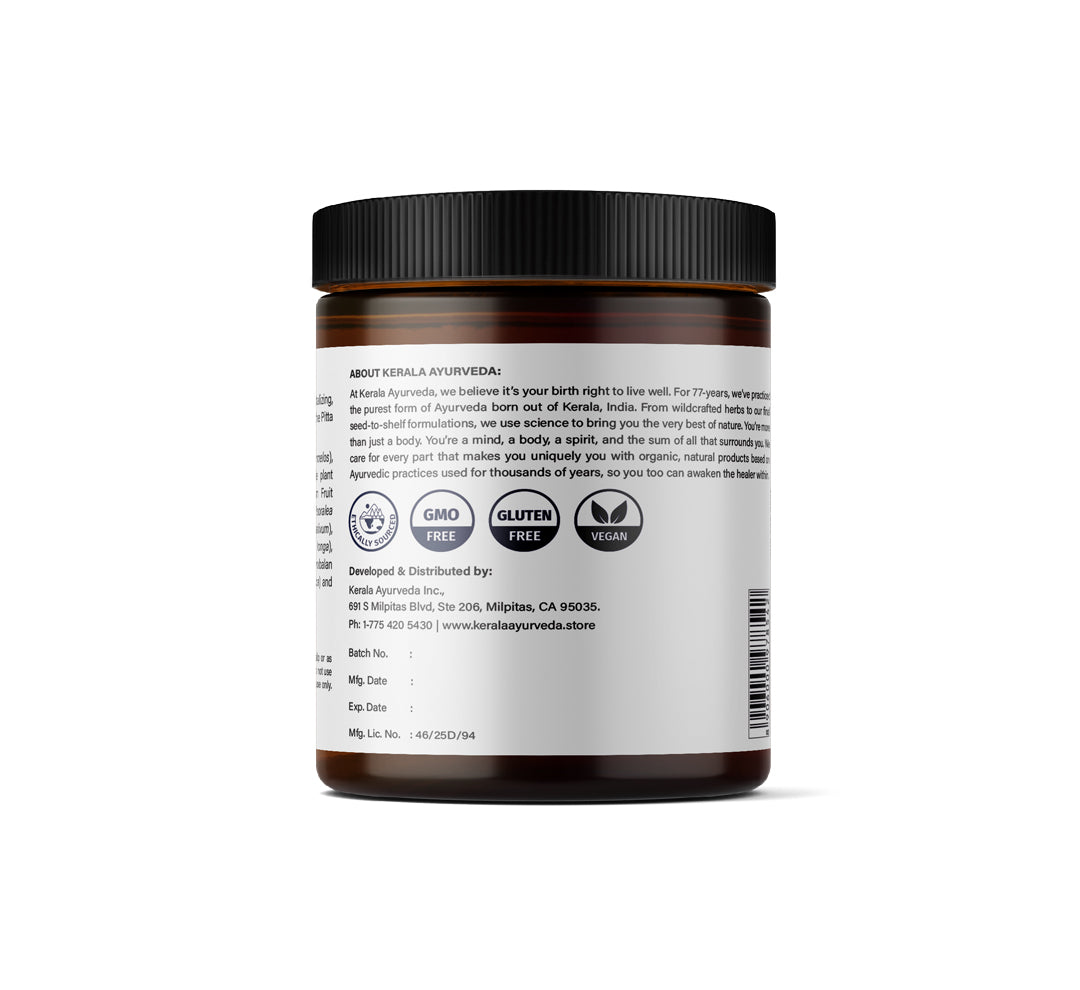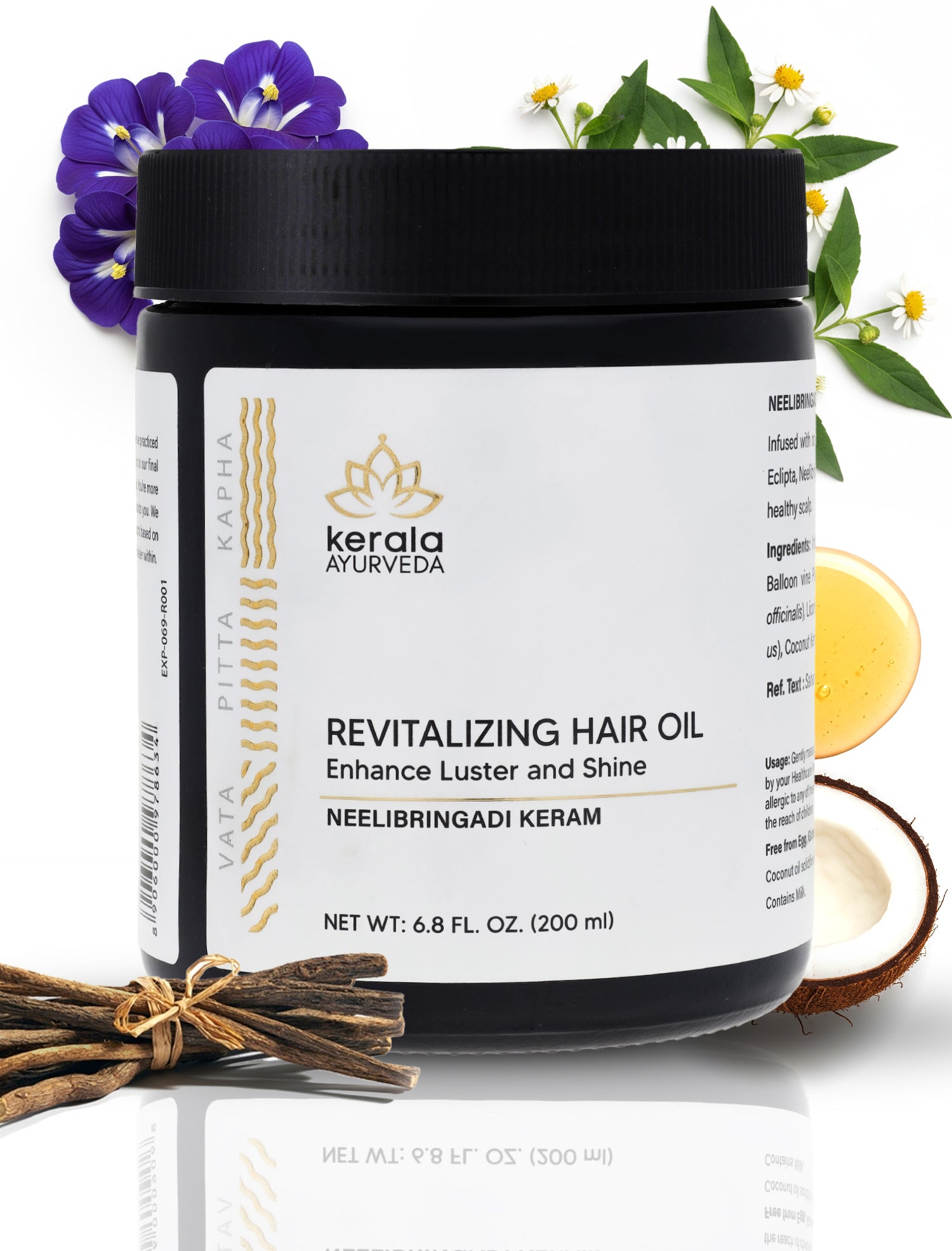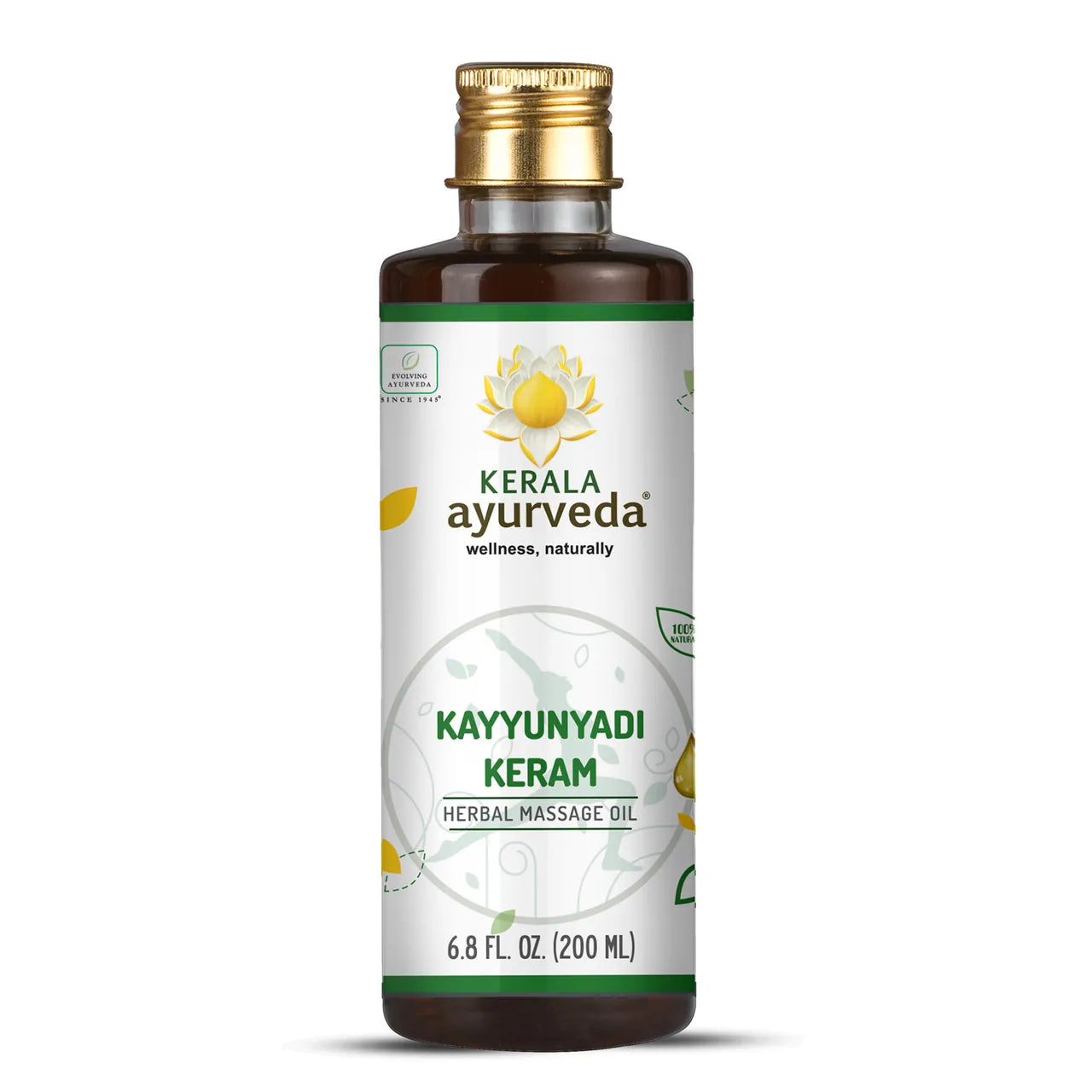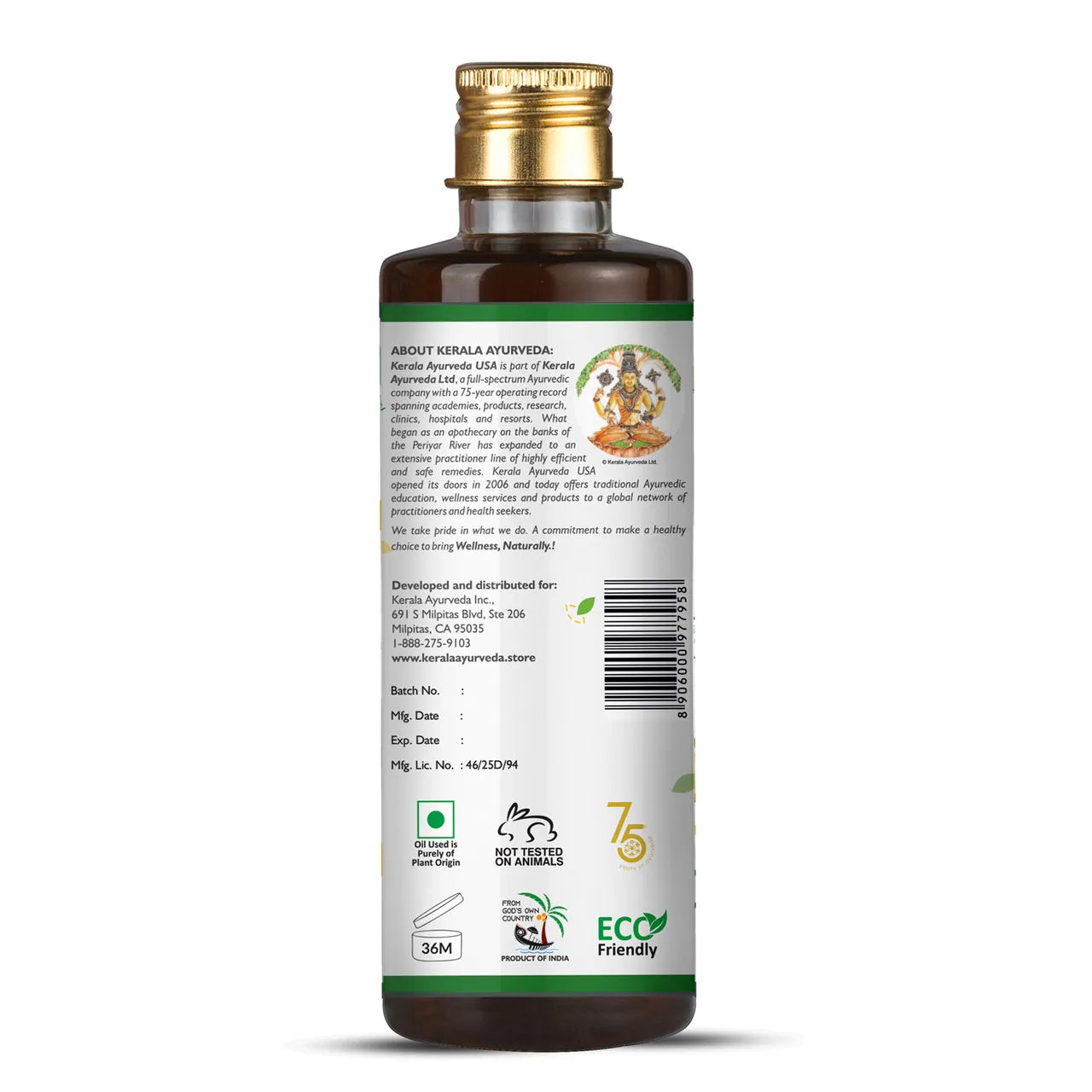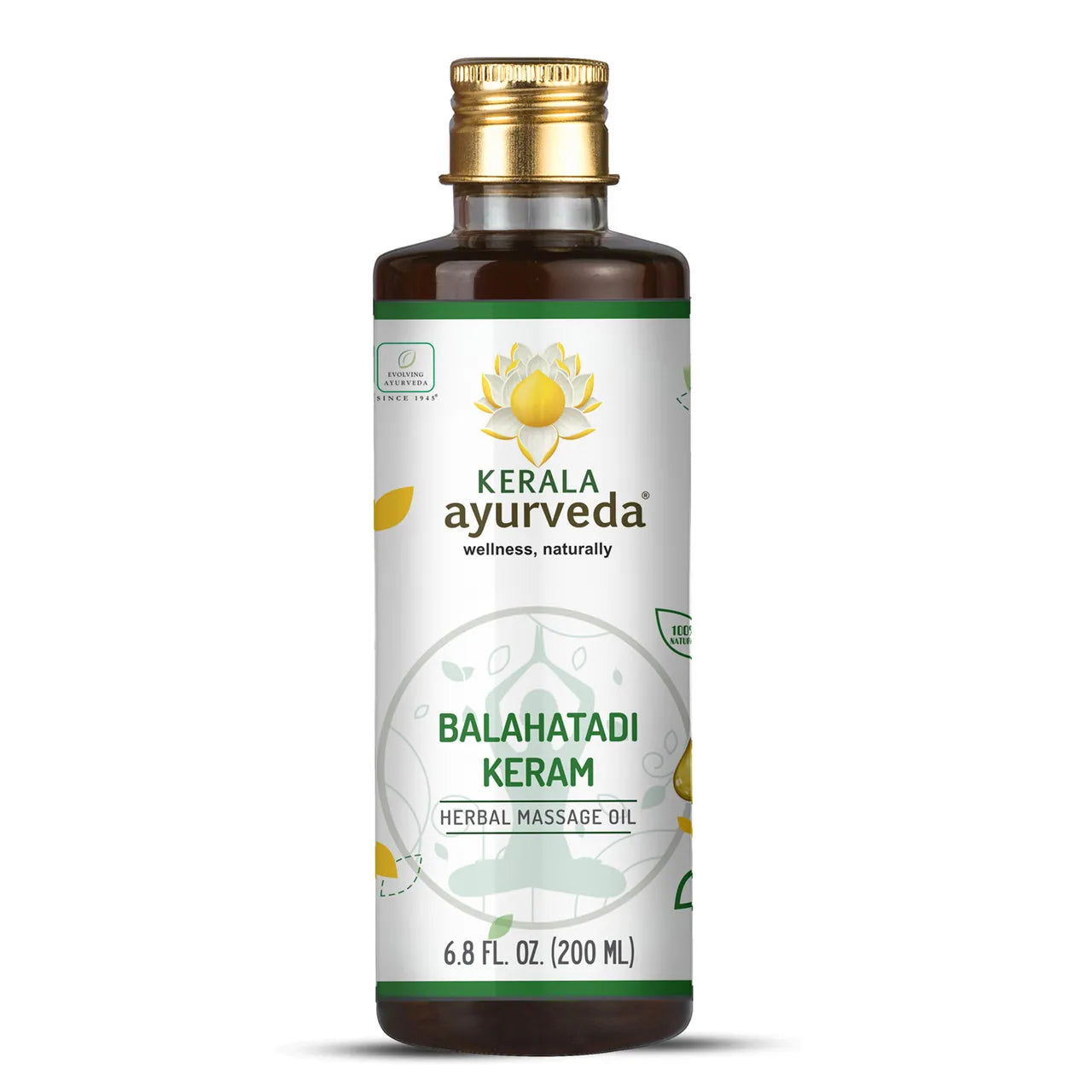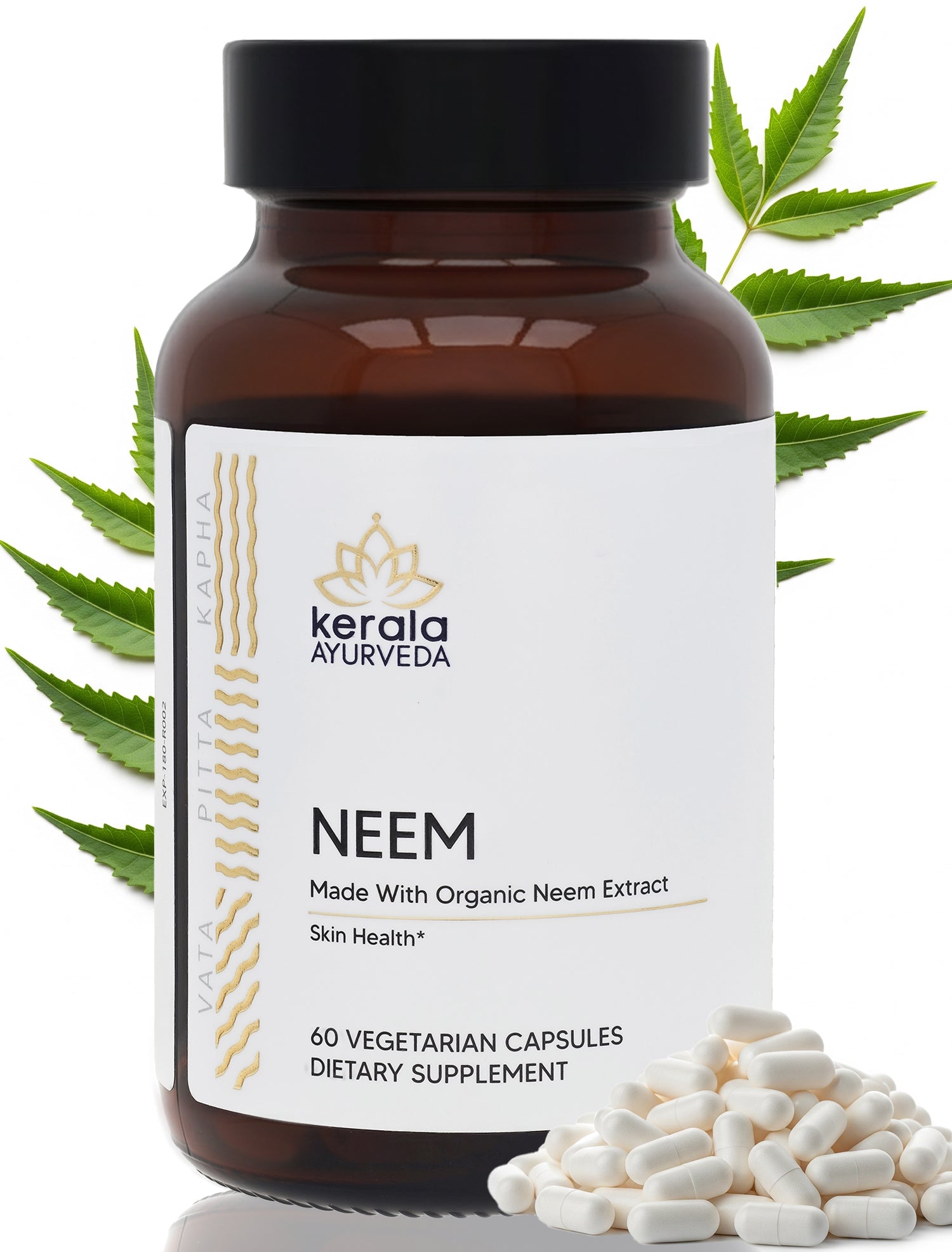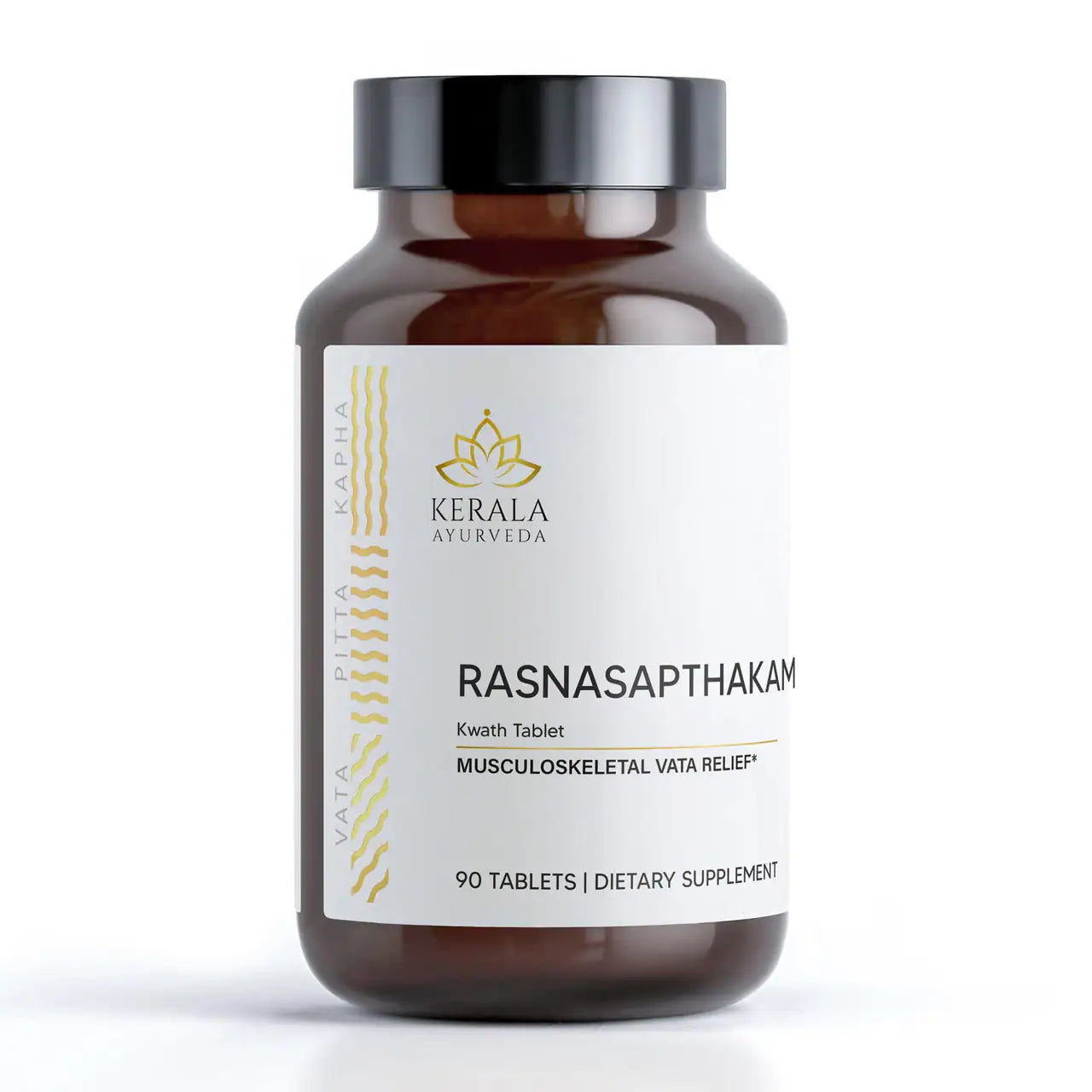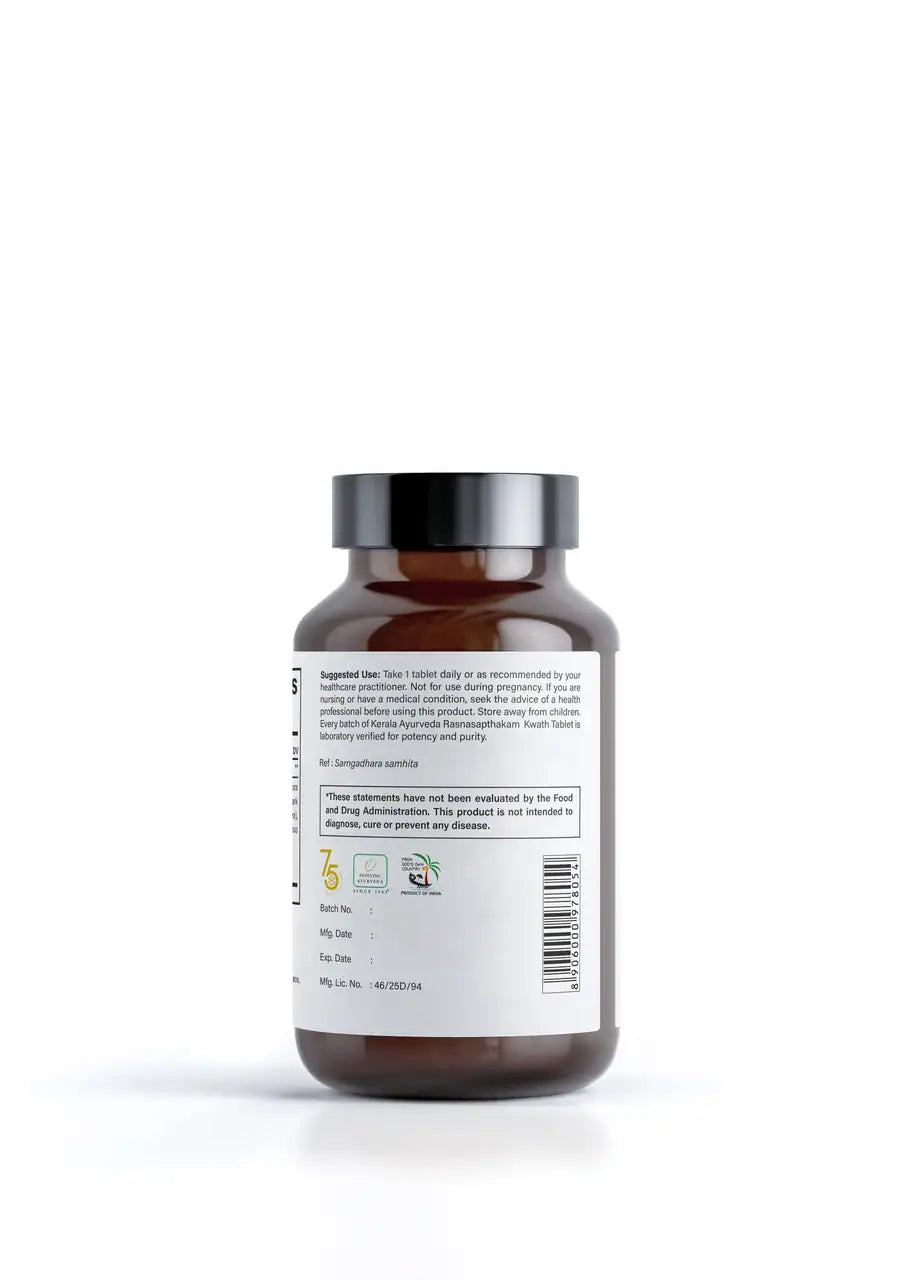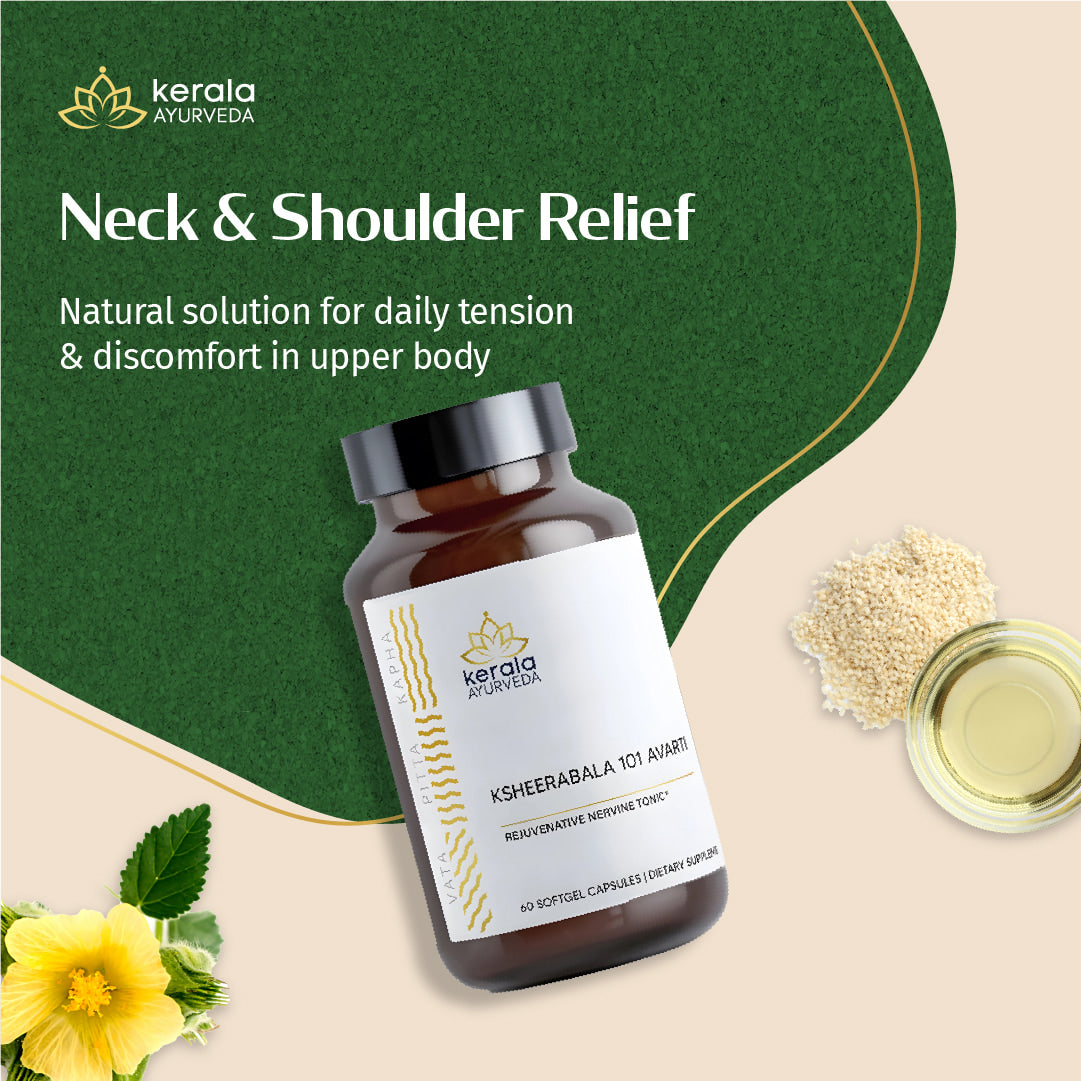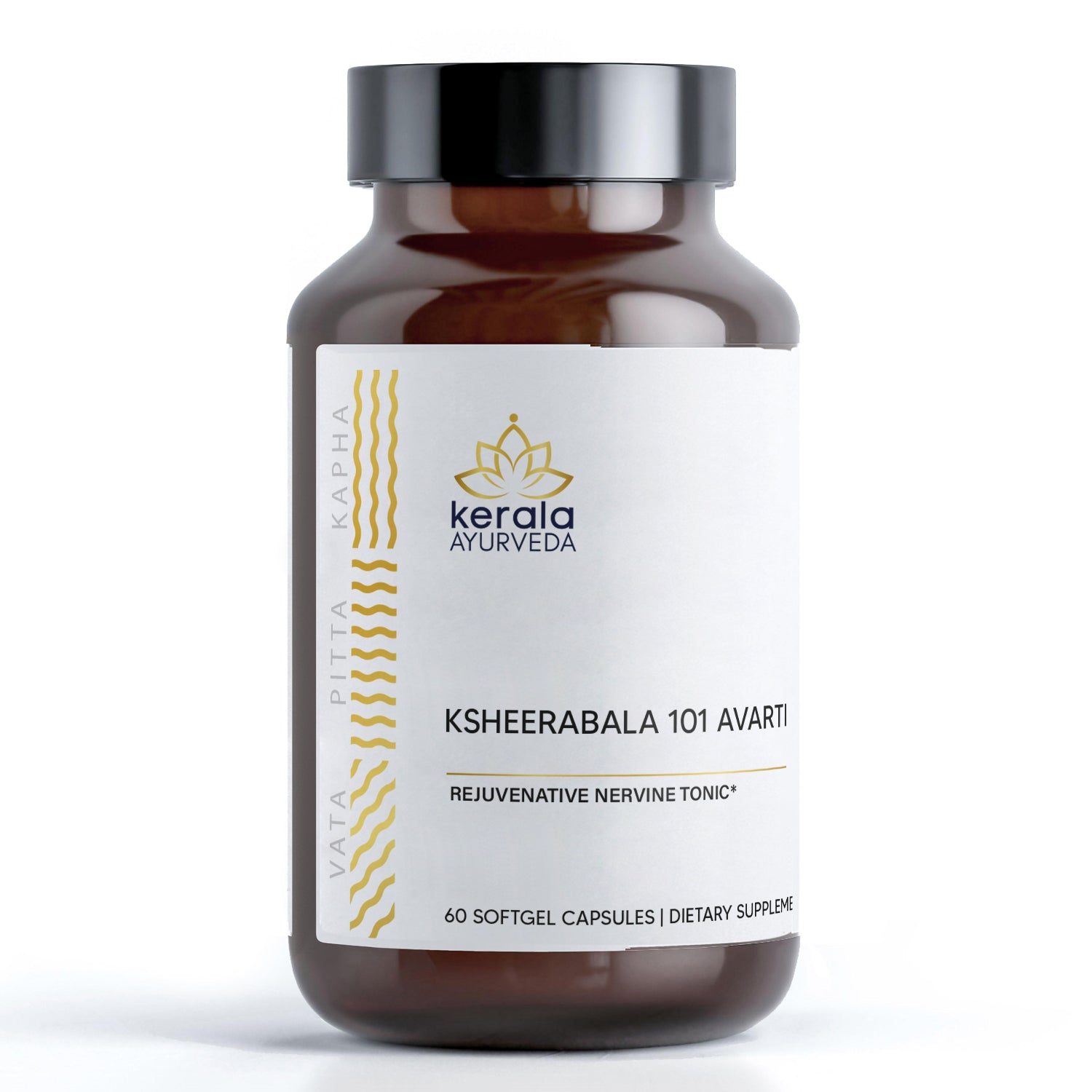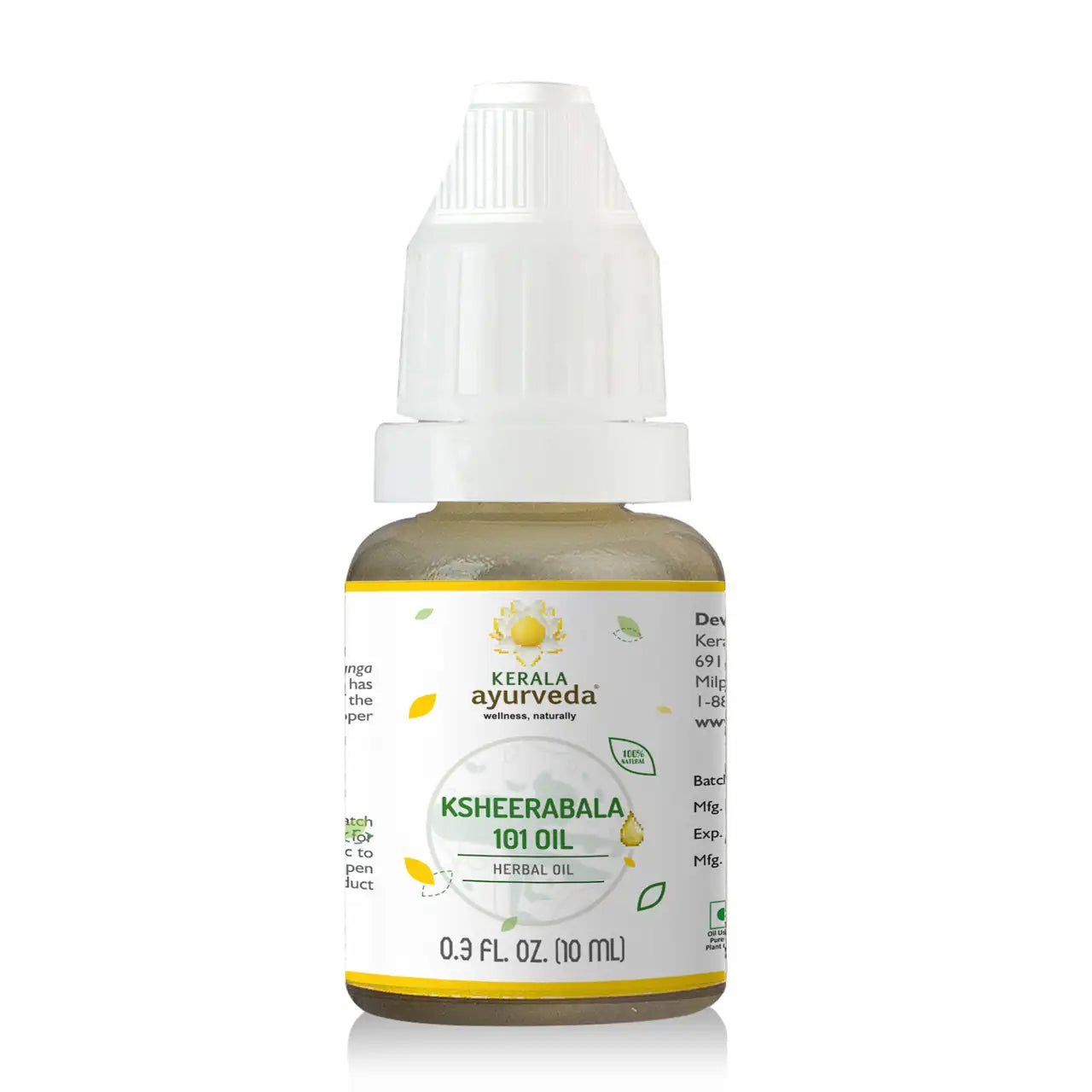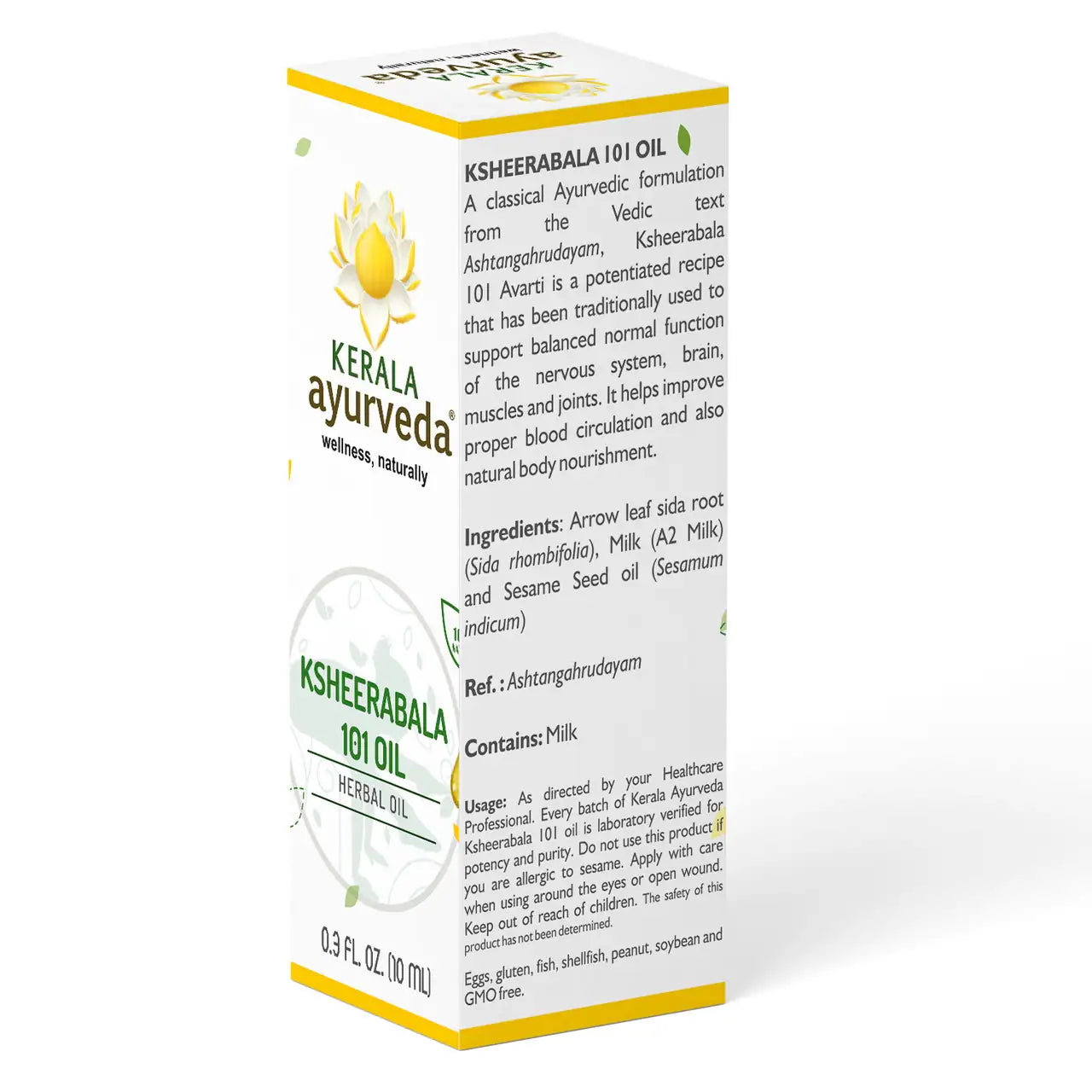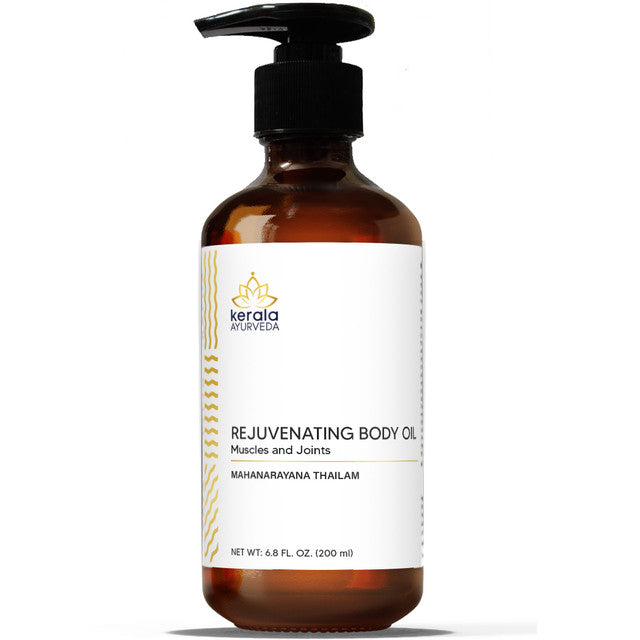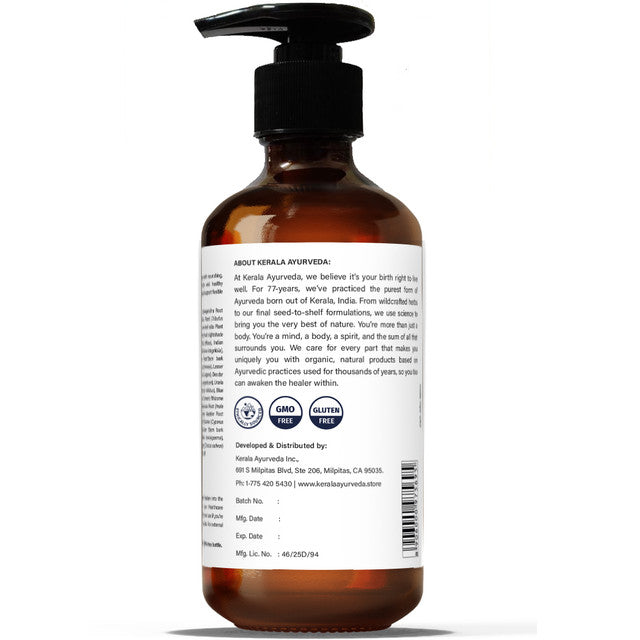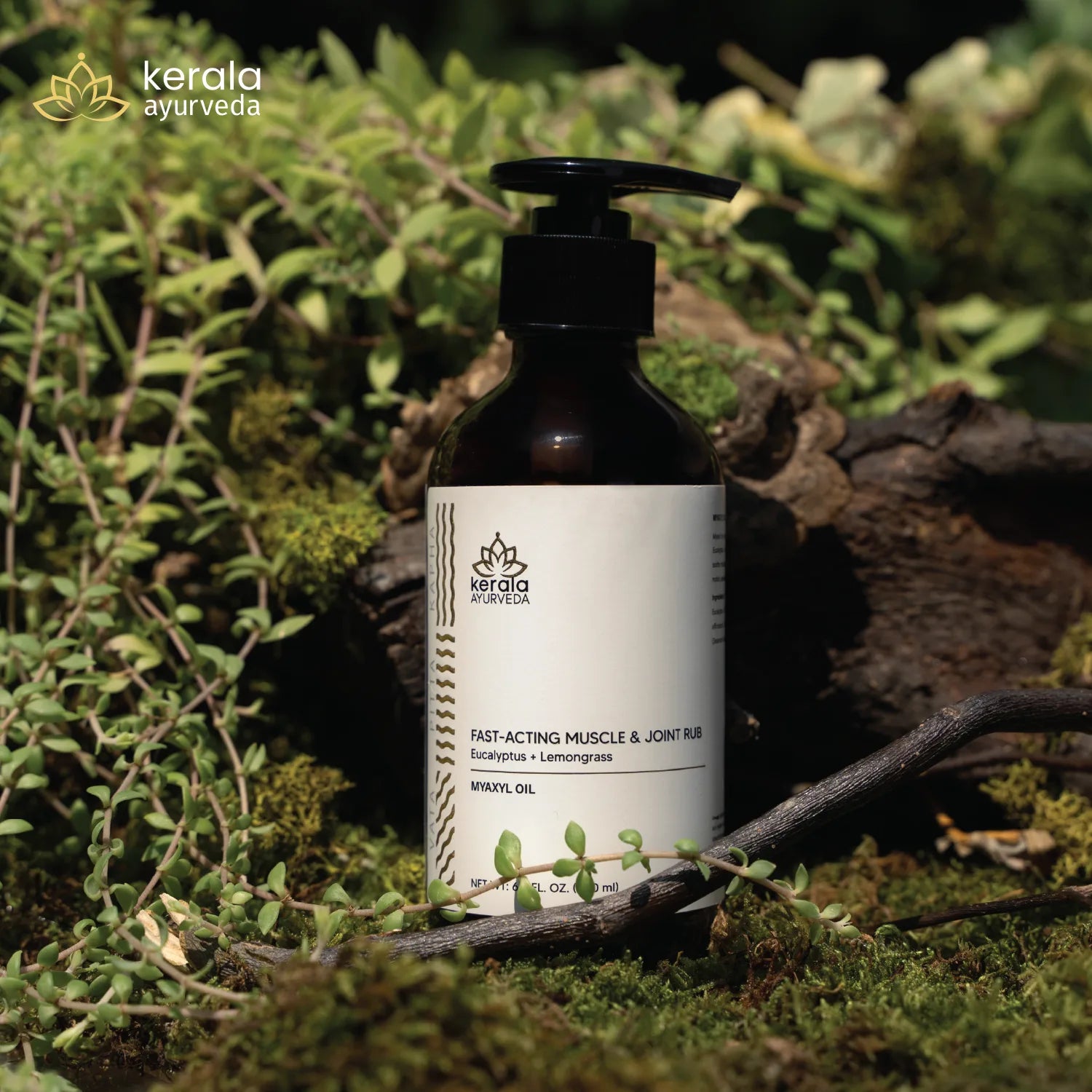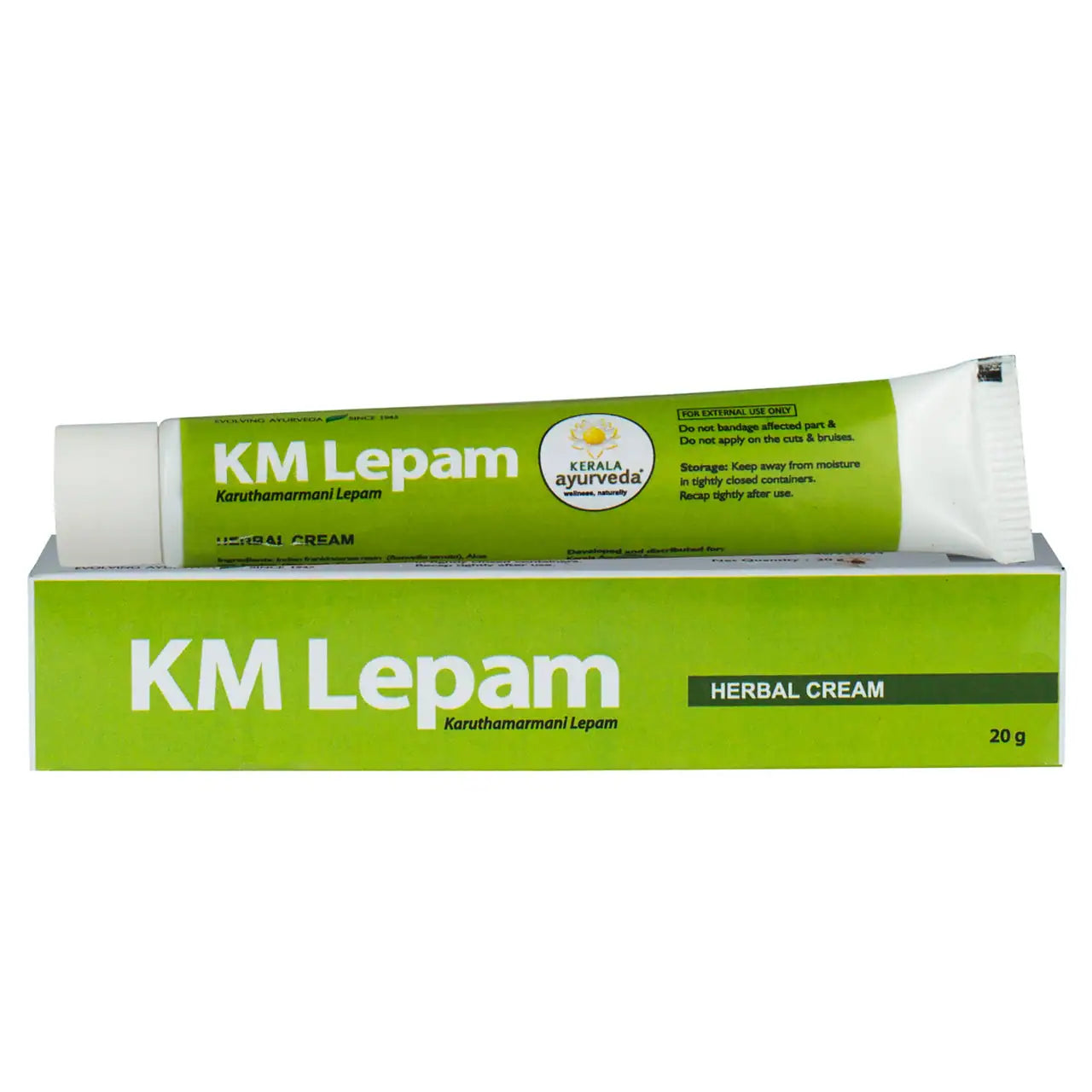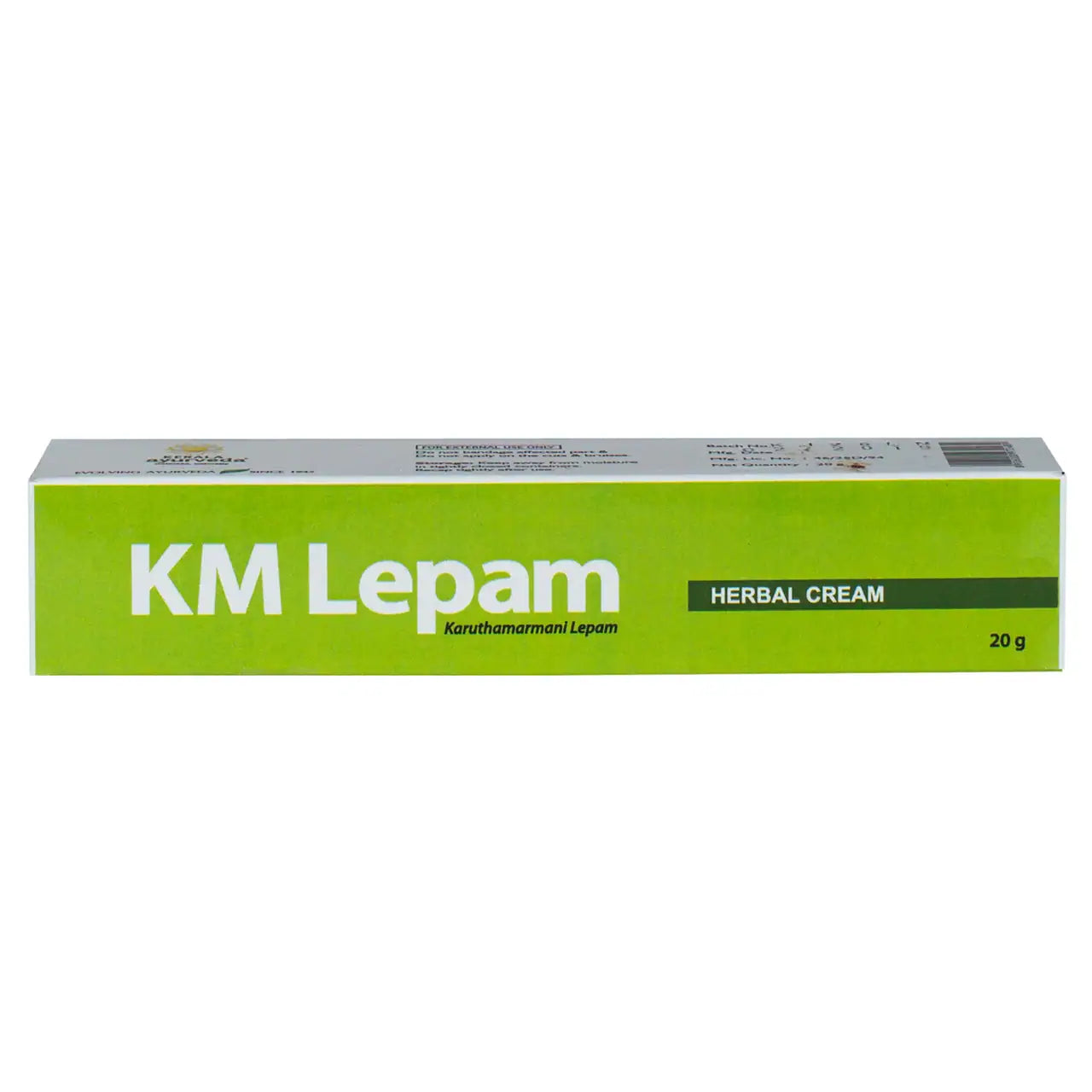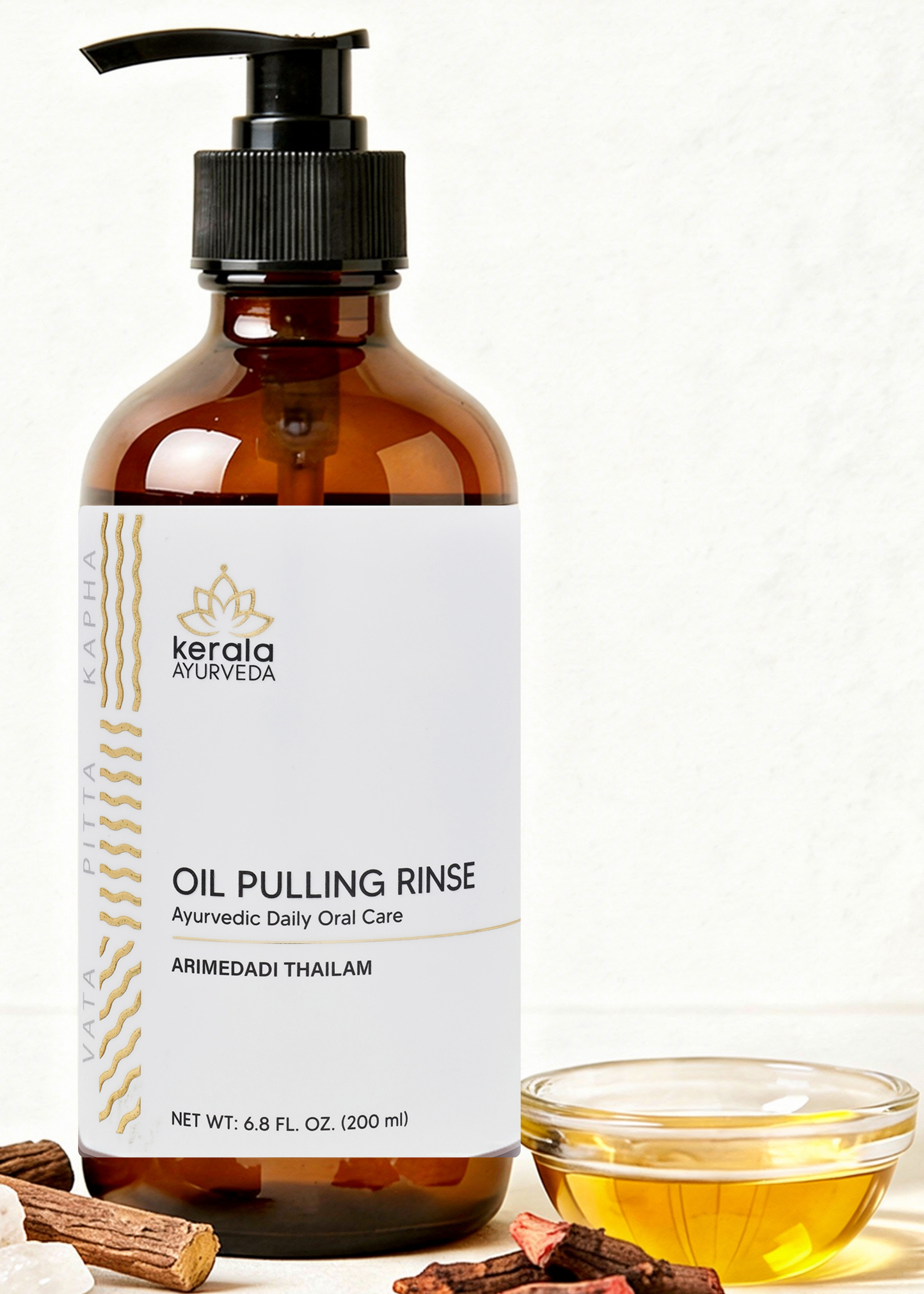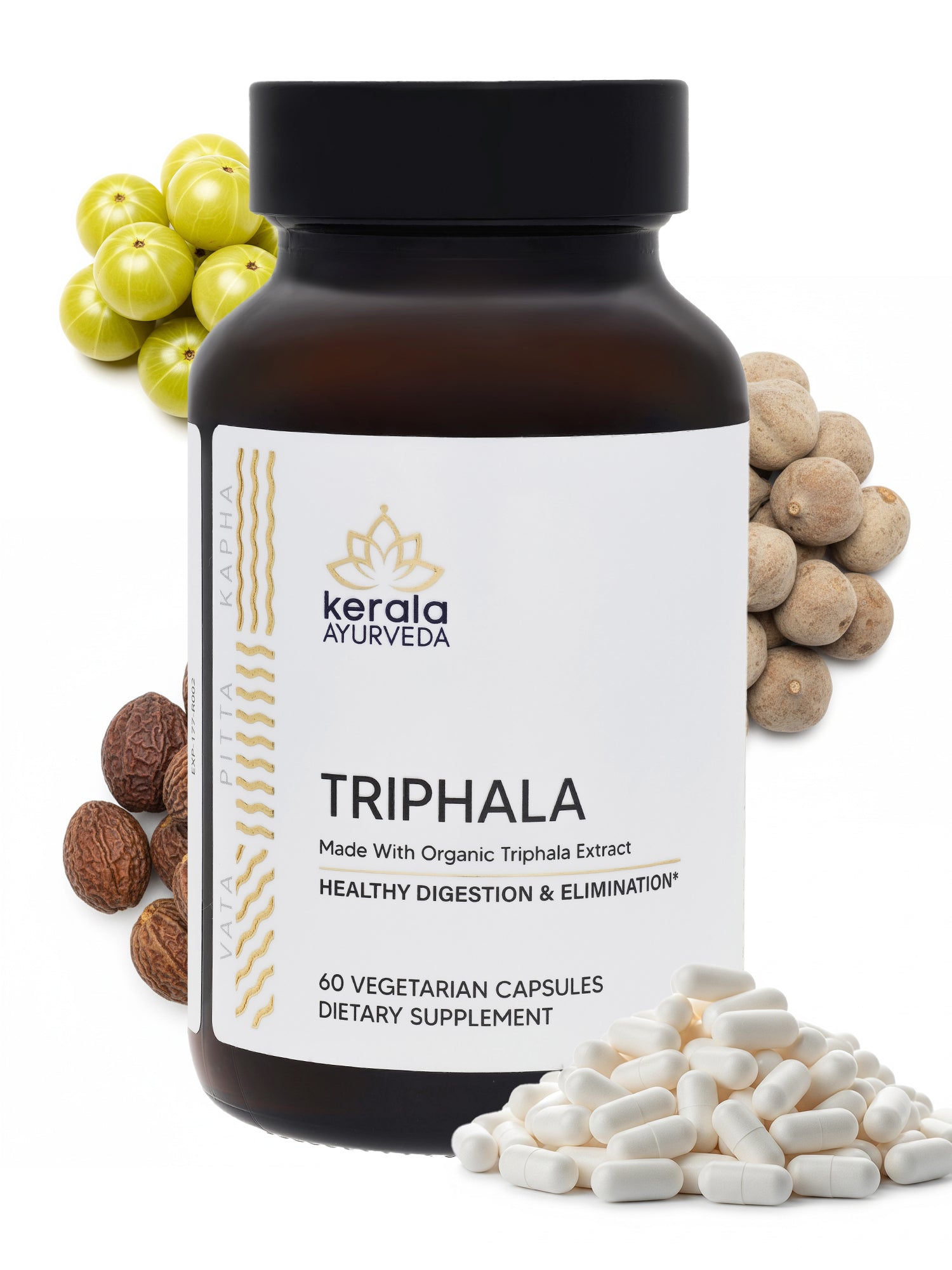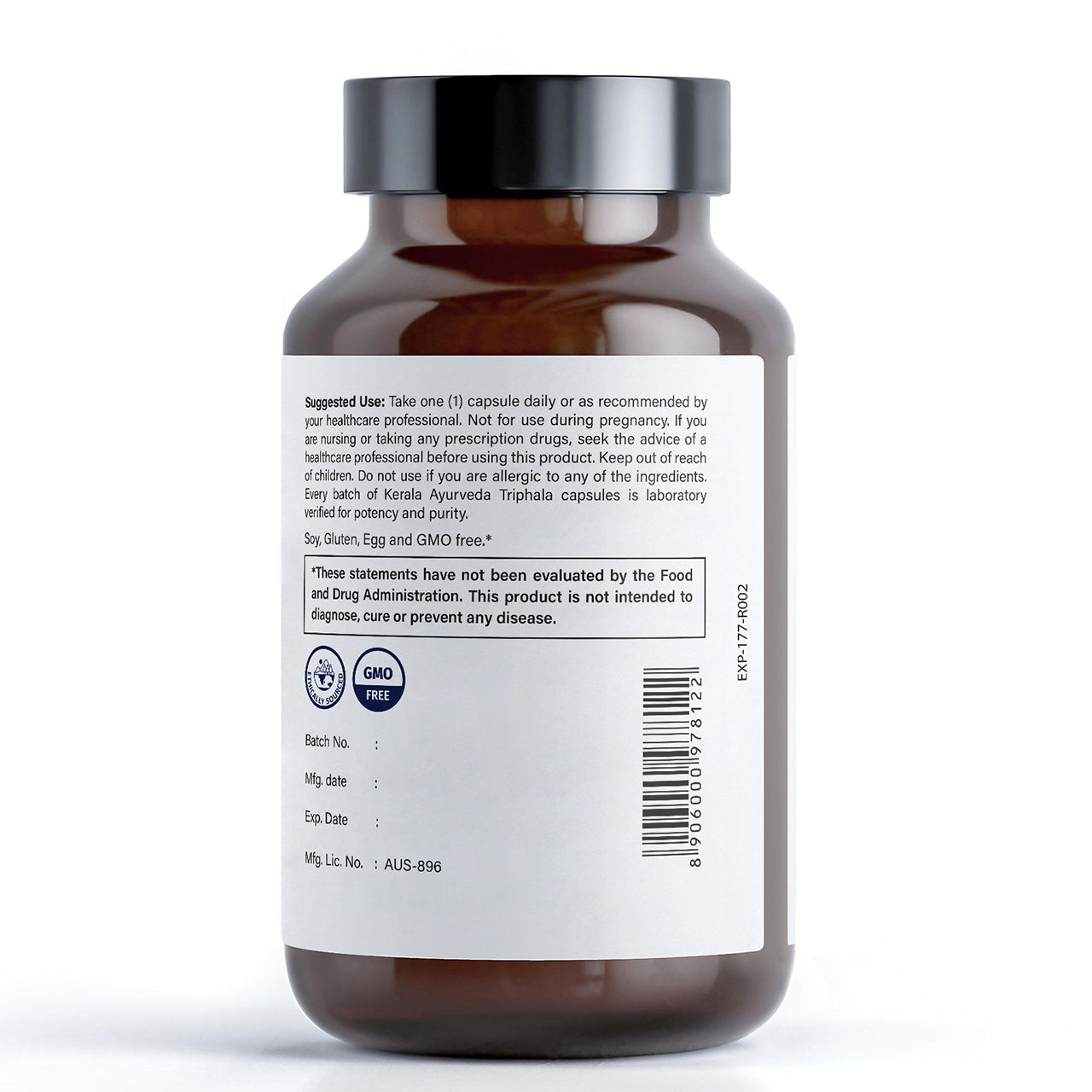Highlights
Ayurveda considers oral care an essential component of Dinacharya (daily self care routine) that supports complete health and balance. Unlike conventional approaches that view the mouth in isolation, Ayurveda recognizes the profound connection between oral health and systemic wellness. This comprehensive preventative approach supports healthy teeth and gums throughout life by addressing the root causes of oral imbalance rather than waiting for problems to develop. The mouth serves as both the gateway to digestion and a mirror reflecting the health of vital organs throughout the body.
Understanding Dosha Balance in Oral Health
The three doshas (Vata, Pitta, and Kapha) maintain oral health through their unique functions within the mouth. Each dosha governs specific aspects of oral wellness:
Vata (Air energy) governs the movement and nerve function within oral tissues, affecting sensitivity and circulation in the gums and teeth. When balanced, Vata supports healthy blood flow and nerve responsiveness.
Pitta (Fire energy) manages the enzymatic processes and metabolic functions in oral tissues, influencing gum health and the body's response to bacteria. Balanced Pitta maintains optimal oral pH and supports healthy inflammatory responses.
Kapha (Water energy) provides structure, lubrication, and protection to oral tissues. Most significantly, Kapha governs the oral cavity through its specialized sub-type, Bodhaka Kapha.
The Role of Bodhaka Kapha in Oral Health

Bodhaka Kapha represents one of the five sub-types of Kapha dosha and serves as the primary governing force of oral health. Located in the mouth, tongue, and throat region, this specialized sub-type performs essential functions that extend far beyond basic oral hygiene, working in conjunction with other doshic sub-types to facilitate healthy digestion from the first bite of food.
Primary Functions of Bodhaka Kapha:
Taste Perception (Rasa Bodhana): Bodhaka Kapha is the watery substance that dissolves food, allowing the taste buds to detect and recognize the six tastes (sweet, sour, salty, pungent, bitter, and astringent). Without this dissolution process, proper taste perception cannot occur.
Moistening and Lubrication: It keeps the mouth, tongue, and throat moist through constant lubrication. This moisture helps with chewing and prepares the food for easy swallowing, creating the food bolus necessary for proper digestion.
Initial Digestion: As saliva, Bodhaka Kapha contains enzymes that begin the chemical breakdown of starches in the mouth, marking the first stage of the digestive process and supporting overall digestive health.
Voice Quality: It lubricates the throat and vocal cords, which is essential for clear speech. Proper lubrication ensures optimal voice quality and prevents vocal strain.
Oral Immunity: The secretions of Bodhaka Kapha contain antimicrobial agents that help protect the mouth from harmful bacteria, supporting the body's overall immune function and maintaining oral health.
Symptoms of Imbalance:
Decreased Bodhaka Kapha:
- Dryness of mouth and throat
- Excessive thirst and dehydration
- Hoarseness and voice changes
- Loss of taste perception
- Increased susceptibility to oral infections
Excess Bodhaka Kapha:
- Excessive salivation
- Nausea and digestive discomfort
- Persistent sweet taste in the mouth
- Sluggish digestion
- Excessive mucus production
Digestion Begins in the Mouth:
Bodhaka Kapha works in harmonious coordination with other doshic sub-types to ensure proper digestion and metabolism:
Integration with Pachaka Pitta: Once food moves to the stomach, Bodhaka Kapha works in sync with Pachaka Pitta (digestion of Pitta) to continue the digestive process. The initial enzymatic breakdown begins when Bodhaka Kapha pre-moistens food with saliva for the more intense digestive breakdown of Pachaka Pitta (digestion of Pitta).
Coordination with Kledaka Kapha: Bodhaka Kapha collaborates with Kledaka Kapha (moisture of kapha) in the stomach to provide the necessary moisture and lubrication for proper food processing and nutrient absorption.
When Bodhaka Kapha functions optimally, it creates the foundation for healthy digestion while supporting the preventative nature of Ayurvedic oral care. This optimal function maintains healthy teeth and gums naturally while ensuring that digestion begins properly from the first bite. A balanced Bodhaka Kapha is crucial for health and signals a well-functioning digestive system that supports lifelong oral and systemic wellness.
Daily Ayurvedic Oral Care Regimen

Following an Ayurvedic oral care routine establishes the foundation for both oral and systemic health. This comprehensive preventative approach addresses multiple aspects of oral wellness while supporting overall vitality, ensuring healthy teeth and gums throughout life.
Morning Routine (Upon Waking):
Step 1: Observation and Assessment (2 minutes)
- Observe your tongue coating, breath quality, and overall mouth sensation
- Notice any changes in taste perception or oral moisture
- This awareness helps you understand your current dosha balance
Step 2: Tongue Scraping (2-3 minutes)
- Use a copper, silver, or stainless steel tongue scraper
- Gently scrape from back to front 7-12 times
- Rinse the scraper between passes
- This removes accumulated ama (toxins) and stimulates digestive fire
Step 3: Oil Pulling (Gandusha) with Arimedadi Thailam (10-20 minutes)
- Take 1-2 teaspoons of oil on an empty stomach
- Swish gently through teeth and around gums
- Start with 5-10 minutes and gradually increase duration
- Spit oil into trash (not sink) and rinse mouth with warm water
- This practice supports Bodhaka Kapha and removes deep seated toxins
Step 4: Warm Water Rinse (1-2 minutes)
- Rinse thoroughly with comfortably warm water
- Gargle gently to cleanse throat and upper respiratory passages
- This soothes oral tissues and prepares them for the day
Step 5: Natural Brushing (3-5 minutes)
- Use herbal tooth powder or paste with Ayurvedic ingredients
- Brush gently in circular motions
- Focus on gum line and areas where plaque accumulates
- Choose herbal tooth powders that balance your predominant dosha
Evening Routine (Before Sleep):
Step 1: Gentle Oil Massage (2-3 minutes)
- Apply small amount of Arimedadi Thailam to gums
- Massage gently with clean finger
- This nourishes gum tissues and supports overnight healing
Step 2: Herbal Mouth Rinse (2-3 minutes)
- Use warm water with a pinch of turmeric and sea salt
- Alternatively, use Triphala tea as a mouth rinse
- Gargle gently and spit out completely
The Four Types of Gandusha: Personalized Oral Care

According to Ayurvedic text, Gandusha therapy is classified into four distinct types, each designed to address specific dosha imbalances and oral health needs. This personalized approach ensures optimal therapeutic benefits based on your individual constitution and current state of balance.
Snigdha Gandusha (Lubricating Type)
- Purpose: Balances Vata (Air energy) imbalances in the oral cavity
- Method: Uses oils processed with herbs having sweet, sour, and salty tastes
- Recommended Oils: Sesame oil, ghee, or coconut oil with warming herbs
- Benefits: Reduces dryness, sensitivity, and roughness in mouth and throat; strengthens teeth and gums; improves voice quality
- Best For: Dry mouth, tooth sensitivity, cracked lips, voice hoarseness, and general Vata imbalances
Shamana Gandusha (Palliative Type)
- Purpose: Soothes Pitta (Fire energy) imbalances and inflammatory conditions
- Method: Uses preparations with bitter, astringent, and sweet tastes
- Recommended Preparations: Cooling herbal mouth rinses, aloe juice, or coconut water with cooling herbs
- Benefits: Reduces inflammation, soothes mouth ulcers, balances oral pH, and calms burning sensations
- Best For: Mouth ulcers, gum inflammation, burning mouth syndrome, and excessive heat in oral tissues
Shodhana Gandusha (Purifying Type)
- Purpose: Cleanses Kapha (Water energy) imbalances and removes accumulated toxins
- Method: Uses substances with pungent, bitter, and astringent tastes with heating properties
- Recommended Preparations: Warm water herbal rinses with ginger or black pepper, or herbal oils.
- Benefits: Removes excess mucus, clears blocked channels, eliminates bad breath, and prevents bacterial overgrowth
- Best For: Excessive salivation, thick coating on tongue, sluggish digestion, and Kapha related oral concerns
Ropana Gandusha (Healing Type)
- Purpose: Promotes healing and tissue repair in damaged oral tissues
- Method: Uses preparations with astringent and bitter tastes that support tissue regeneration
- Recommended Preparations: Triphala or turmeric warm water rinses, or herbal warm water with wound healing properties
- Benefits: Accelerates healing of mouth sores, strengthens weakened gums, repairs damaged tissues, and prevents infection
- Best For: Mouth wounds, post dental procedures, weakened gums, and tissue repair needs
Choosing Your Gandusha Type

Morning Assessment: Observe your tongue, breath, and oral sensations to determine which type suits your current needs
Seasonal Adaptation: Use Snigdha (Oil therapy) during dry seasons, Shamana (Palliation therapy) during hot periods, Shodhana (Removal of ama or toxins) during damp weather, and Ropana (Wound care) when healing is needed
Constitutional Approach: Vata types benefit most from Snigdha (Oil therapy), Pitta types from Shamana (Palliation therapy), and Kapha types from Shodhana (Removal of ama or toxins)
Therapeutic Application: Use Ropana (Wound care) whenever healing support is required regardless of constitution
This personalized approach to Gandusha ensures that your oral care routine addresses your specific needs while maintaining the preventative focus of Ayurvedic wellness, supporting healthy teeth and gums throughout life.
Comprehensive Benefits of Ayurvedic Oral Care

Ayurvedic oral care practices offer profound benefits that support lifelong oral health while enhancing overall wellness. This preventative approach addresses oral health at its foundation, ensuring healthy teeth and gums throughout your entire life.
Key Oral Health Benefits:
- Enhanced taste perception and saliva production for optimal digestive function
- Deep cleansing action that reaches areas missed by conventional methods
- Strengthened gum tissues and improved circulation
- Natural breath freshening by addressing root causes
- Balanced oral environment that prevents harmful bacterial growth
Whole Body Wellness Benefits:
- Improved digestion through enhanced oral enzyme function
- Stronger immune system defense starting at the mouth
- Better circulation to head and neck region
- Nervous system calming and stress reduction
- Overall detoxification support throughout the body
Long Term Preventative Benefits:
- Prevention of common dental concerns like sensitivity and decay
- Maintained oral tissue health throughout aging process
- Sharp sensory function and clear speech
- Enhanced vitality and mental clarity
- Established foundation for lifelong oral wellness
This comprehensive preventative approach ensures that your oral care routine becomes a powerful tool for maintaining healthy teeth and gums while supporting your complete wellbeing for years to come.
Arimedadi Thailam: The Ayurvedic Oral Health Elixir

Arimedadi Thailam stands as one of Ayurveda's most revered formulations for comprehensive preventative oral care. This specialized herbal oil contains potent herbs specifically chosen to address oral wellness needs while maintaining healthy teeth and gums throughout life.
Research Validated Benefits
Multiple clinical studies demonstrate Arimedadi Thailams remarkable effectiveness. Research comparing Arimedadi Thailam with conventional mouthwashes shows equally impressive results for plaque reduction and gum health improvement, without the side effects associated with chemical alternatives.
Key Clinical Findings:
- Significantly reduces plaque formation and gum inflammation
- Matches effectiveness of chlorhexidine mouthwash without staining or allergic reactions
- Demonstrates superior safety profile with no reported adverse effects
- Enhances oral immunity and sharpens taste perception
How Arimedadi Thailam Works
This formulation addresses oral health through multiple mechanisms:
- Anti inflammatory Action: Reduces inflammation in teeth and gums
- Antimicrobial Properties: Fights harmful bacteria effectively
- Analgesic Effects: Provides natural pain relief for tooth discomfort
pH Balancing: Maintains optimal oral environment - Nutritive Support: Nourishes oral tissues and nerve endings
Triphala: Gateway Between Digestive and Oral Health

Triphala, meaning "three fruits," represents one of Ayurveda's most celebrated formulations. This powerful combination of Amalaki (Emblica officinalis), Bibhitaki (Terminalia bellirica), and Haritaki (Terminalia chebula) offers profound benefits for both digestive and oral health.
The Digestive Oral Health Connection
Ayurveda recognizes the intimate relationship between digestive health and oral wellness. According to this wisdom, poor digestion creates Ama (toxins) that manifest throughout the body, including the oral cavity. Supporting digestive health directly enhances oral health outcomes.
How Digestion Affects Oral Health:
- Impaired digestion creates ama or toxic buildup that affects oral tissues
- Poor nutrient absorption weakens oral immunity
- Digestive imbalances alter oral pH and bacterial flora
- Systemic inflammation from digestive concerns manifests in gums and oral tissues
Triphala's Dual Action Approach
Triphala works simultaneously on digestive and oral health through multiple pathways:
Digestive Benefits:
- Supports healthy elimination and detoxification
- Enhances nutrient absorption for better oral tissue nourishment
- Balances Agni (digestive strength) for optimal metabolism
- Reduces systemic inflammation that affects oral health
Oral Health Benefits:
- Demonstrates powerful anti plaque and anti gingivitis properties
- Inhibits harmful bacterial growth in the oral cavity
- Reduces gum inflammation and bleeding
- Strengthens oral immunity and tissue health
Embracing Oral Wellness

Ayurvedic oral care transcends surface level hygiene to embrace complete preventative wellness. By integrating time honored practices like oil pulling with Arimedadi Thailam and supporting digestive health with Triphala, you create a foundation for lasting oral health and vitality that maintains healthy teeth and gums throughout your entire life.
These approaches offer proven effectiveness without the side effects of conventional alternatives. Research validates what Ayurveda has known for millennia: true oral health emerges from comprehensive preventative care that honors the connection between oral, digestive, and systemic wellness.
Transform your oral health journey with these authentic Ayurvedic practices and experience the profound difference of complete preventative wellness care designed to support healthy teeth and gums for life.

Ayurvedic References:
- Ashtanga Hridaya Sutrasthana, Chapter 22 (Gandushadi Vidhi): Comprehensive text on oral therapies including Gandusha and Kavala practices by Acharya Vagbhata
- Sahasrayoga Thaila Prakarana: Classical source of Arimedadi Thailam formulation
- Ayurvedic principles of Dinacharya (daily routine) and dosha balance from foundational texts
Published Research Citations:
- Mali GV, et al. Comparative evaluation of Arimedadi oil with 0.2% chlorhexidine gluconate in prevention of plaque and gingivitis: A randomized clinical trial. Journal of Clinical and Diagnostic Research. 2016
- Aspalli S, et al. Evaluation of Irimedadi Taila as an adjunctive in treating plaque-induced gingivitis. PMC. 2018
- Role of Triphala in Oral Health: A Systematic Review and Meta Analysis. Journal of Indian Association of Public Health Dentistry. 2023




